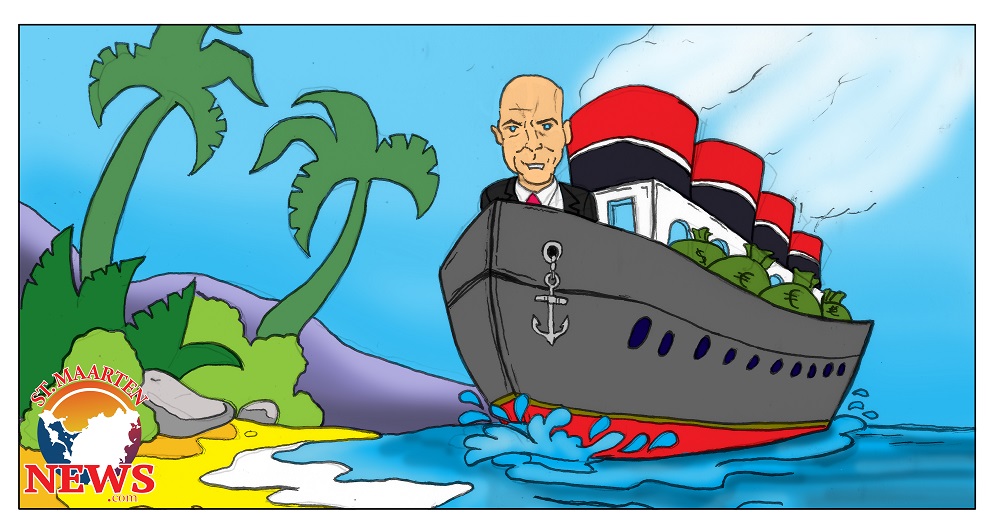Dutch intervention in Aruba with RST and National Detective Agency raises eyebrows

PHILIPSBURG – Alarm bells ought to go off in the Council of Ministers after learning of the Dutch demand that Aruba gives the RST (Detective Cooperation Team) and the National Detective Agency the authority to operate independently of the police force. What happens in Aruba does not necessarily stay there.
The Dutch demand is a condition for granting the third tranche of liquidity support to the Aruban government. The RST used to operate on the island under a cooperation-agreement but Aruba decided earlier this year that it no longer had a need for the RST. The Kingdom had other ideas and shows with this condition that it has no confidence in the island’s judicial department. Like with other conditions for liquidity-support, this is a matter of ‘take it or leave it.” – and Aruba is not exactly in a position to leave it.
Is Aruba worse or better off when it accepts this decision? It depends very much on whom you ask. Especially for the National Detective Agency, it feels to some like a step in the right direction. In St. Maarten, this agency has always been treated as an afterthought and never as the impartial watchdog it is supposed to be.
The National Detective Agency must be able to operate completely independently from the government and all of its organizations, entities and agencies, including justice services like the police force. It makes sense too because the primary task of this agency is to investigate wrongdoings by the very people who are working at these institutions.
The initiative to take the Aruban police force out of the equation for the island’s National Detective Agency seems therefore a concept that could, and maybe should also be implemented in St. Maarten and Curacao. That would level the playing field for all three so-called autonomous countries.
Unlike Aruba, St. Maarten still has the opportunity to keep the initiative by investing in the proper functioning of the National Detective Agency.
The RST is another matter altogether. A thorough evaluation of the way its detectives are functioning ought to be a priority before any measures are taken.
Not everybody is so sure that the Dutch intervention in Aruba is a good idea. Local attorney Cor Merx, never shy to give his opinion on such matters notes that there is “absolutely no connection between extending a loan and the management of the police.”
“Would Italy give up the management of its carabinieri to the European Union in exchange for COVID-support? If that does not happen there then it should not happen here (on a smaller scale) either. This is taking somebody in a chokehold; and why? Not because the criminality is so bad in Aruba, but because they need help. The relations in our democracy are gone. The Netherlands has overstepped the limits of decency with this proposal.”
Merx notes that management of the police is under the control of the minister of justice. “That is based on the Kingdom Law Police; we agreed with each other about this. The problem with Aruba is that they have their own – local – attorney-general. He can block all kinds of requests from whoever based on other priorities. St. Maarten is completely dependent on the attorney-general in Curacao – and he has been put there by the Netherlands.”
When Merx was still a member (and a candidate) of the United People’s party he pleaded for the appointment of a local attorney-general “as a buffer against every idiot who thinks he has to come here and run investigations. That buffer is still in place – through the kingdom law – but the RST and the prosecutors from Curacao come waltzing in here all the same to do investigations from within our own prosecutor’s office. And that office is a forward station for the attorney-general in Curacao; read: the Netherlands.”
Merx’s conclusion: “The politicians should have done something about this a long time ago by appointing our own attorney-general.”























